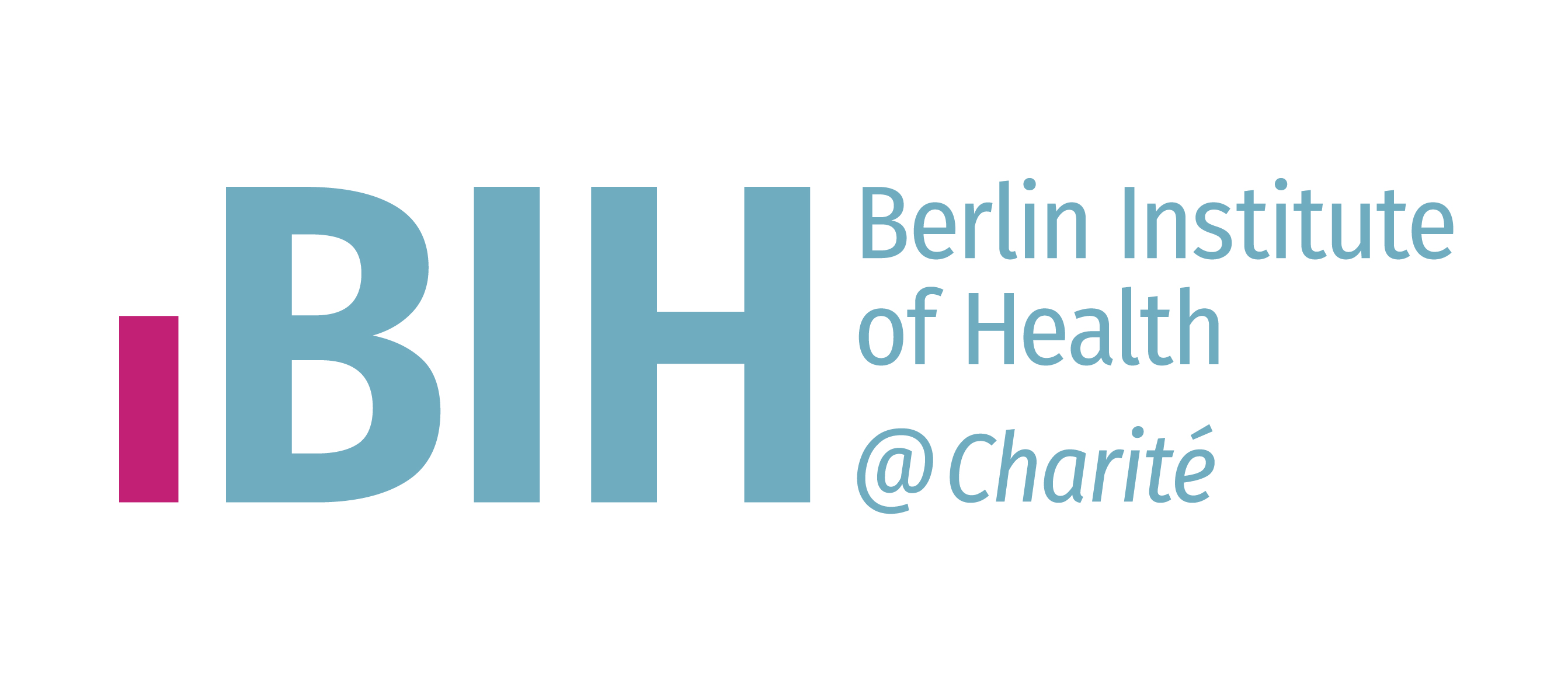
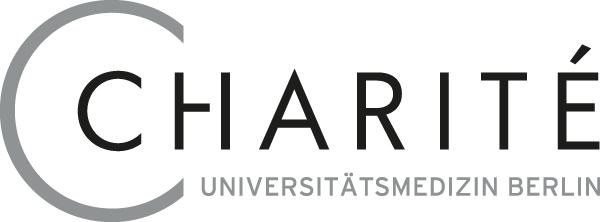
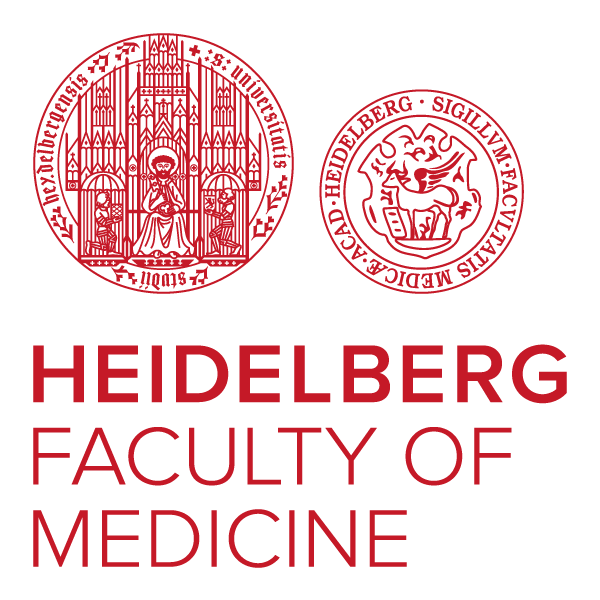
The Health Data Hub focusses on processes in medical informatics and bioinformatics with the aim of automatisation and bringing new research results faster into healthcare. A fundamental challenge of a digital healthcare environment is the growing amount of sensitive patient data, e.g. created by smart wearables or whole genome analyses. Handling and processing of such huge data sets in daily routine diagnostics requires new infrastructures and IT solutions. Therefore, large-scale IT and cloud solutions are also a responsibility of the Health Data Hub. The Health Data division in Berlin is subdivided in three groups: Cloud & IT, Medical Informatics and Datamanagement.
One Touch Pipeline (OTP) is an automation platform for processing next generation sequencing (NGS) data. The application provides support in all steps of this process, including data registration, storage handling, quality monitoring, alignment of reads to reference genomes and all crucial types of variant calling. OTP has been developed since 2013 and is used for all genomic projects of HiDiH in Berlin and Heidelberg. The data collection in Heidelberg comprises about 50.000 samples and a data storage volume of more than 10 petabytes. The OTP roll out for Berlin is in the ramp up phase.
From software architecture perspective, OTP is both information center and workflow system. Meta-data files describing sequences are uploaded into the database, involving curating steps and manual interventions in case of ambiguities. Based on complete and consistent information, data management and bioinformatics workflows are executed with all steps book-kept in a database. CPU and I/O intensive jobs are sent to our high performance computing clusters.
The application provides three major benefits to stakeholders: first, the automation process reduces the man-power required for data management. Second, all operations are executed more reliably and faster reducing the time until the sequences can be analysed by bio-informatics groups. Third, all information is located in one system with secure web access and search capabilities.
The application was implemented using Grails framework in Groovy programming language with web layer in HTML5. The Grails framework provides support for dependency injection from Spring framework and object relational mapping using Hibernate. The authorisation is programmed using Spring Security annotations with authentication based on LDAP system. The application is deployed on Apache Tomcat web container and PostgreSQL is used as a database engine. The application is managing data and processes in two separate computing realms with petabyte scale file system and computing cluster operated by job schedulers as SLURM and PBS in each realm.
External German projects are supported in the context of the Heidelberg Center for Human Bioinformatics as part of the German Network for Bioinformatics Infrastructure (de.NBI) supports OTP for de.NBI users. Among others, these are the Heidelberger Center for Personalized Oncology (DKFZ-HIPO), the German Consortium for Translational Cancer Research (DKTK) and the Berlin program Precisioned Digital Oncology (PeDiOn).
The Health Data Hub supports the use cases oncology and cardiology within the HiGHmed consortium.
The oncology use case deals with the challenge of integrating enormous amounts of data from genome sequencing and radiology into clinical practice. The possible treatment of cancer patients is discussed in virtual molecular tumor boards and the expertise of various institutions such as doctors, researchers and patients is brought together. The aim is to better identify similar cancer cases and enable individual patient-oriented treatment. To this end, the Health Data Hub is setting up a data integration center for OMICS data (omicsDIC). It automates the processes for processing and analyzing sequencing data using the One Touch Pipeline (OTP) software.
In the fields of cardiology and pneumology, the main focus is on the comprehensive collection of disease, treatment and health data, with particular emphasis on compliance with medical informatics standards. For the most holistic view possible, not only the data from the practice and clinic are taken into account, but also PREMs, PROMS and vital data that patients collect in their home environment.
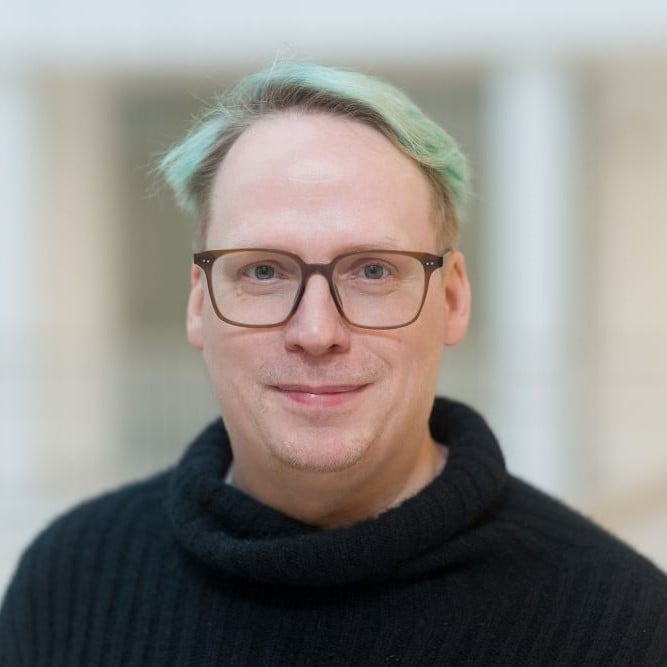
Harald Wagener worked in the IT industry for 20 years, building and operating large scale and distributed Cloud infrastructures. In 2020, Harald Wagener joined the "Health Data" research group as Group Leader Cloud for the Cloud team in Berlin. His focus is on the Berlin node of de.NBI Cloud and European Life Science Cloud efforts.
Harald Wagener
Group leader Cloud & IT
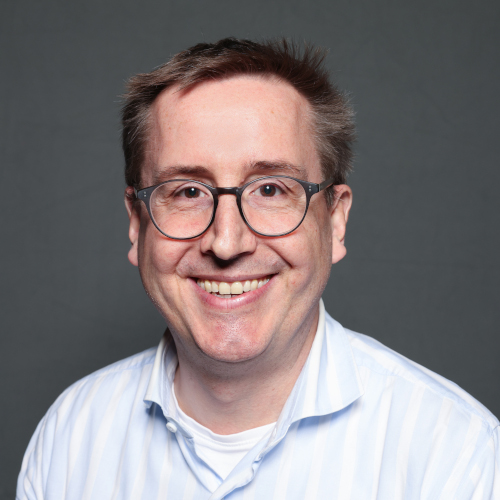
Dr. Dirk Meyer zum Büschenfelde
Group leader Medical Informatics
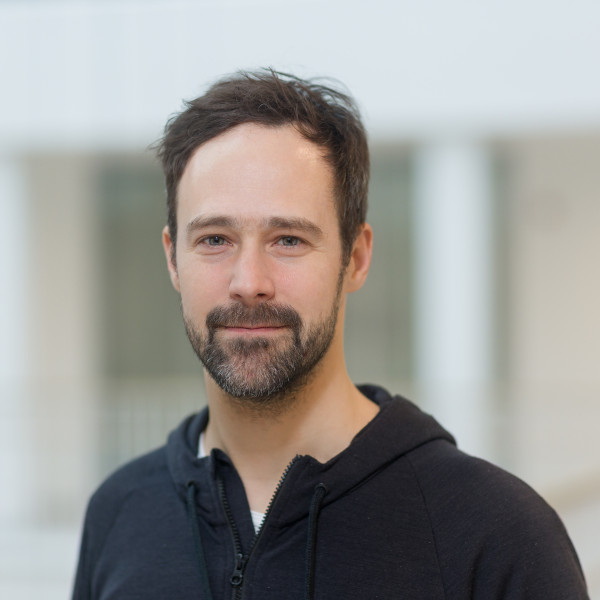
Dr. Sven Olaf Twardziok
Group leader Data Management
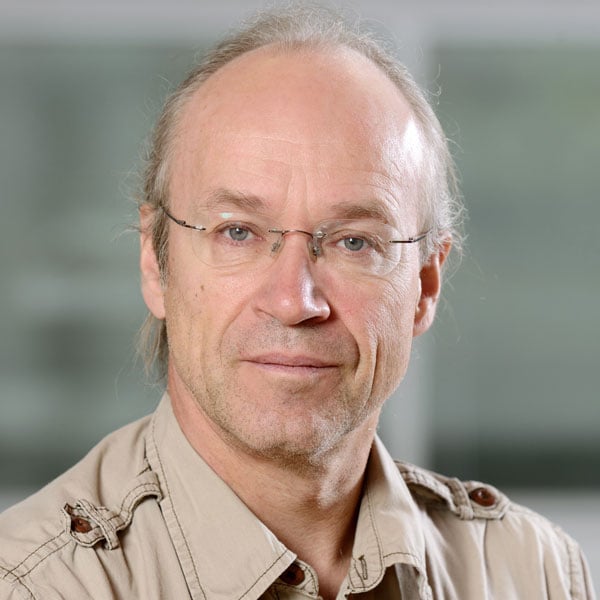
Jürgen Eils
Group leader at Health Data Science Unit (HDSU), Medical Faculty Heidelberg
Medical Faculty Heidelberg
BioQuant-Zentrum BQ054
Im Neuenheimer Feld 267
69120 Heidelberg
juergen.eils@bioquant.uni-heidelberg.de
Braun, M., Kanitz, A., Krüger, J., Kraatz, L., Miranda, J., Schelp, C., … Twardziok, S. (2025, March 11). Secure Processing Environments as a Service in the de.NBI Cloud. doi: https://doi.org/10.37044/osf.io/pzmue_v1
Jentsch M, Schneider-Lunitz V, Taron U et al. Creating cloud platforms for supporting FAIR data management in biomedical research projects. [version 3; peer review: 2 approved]. F1000Research 2024, 13:8, doi: https://doi.org/10.12688/f1000research.140624.3
ICGC/TCGA Pan-Cancer Analysis of Whole Genomes Consortium (2020). Pan-cancer Analysis of Whole Genomes, Nature, 578(7793), 82-93, doi: 10.1038/s41586-020-1969-6
Yakneen, S.§, Waszak, S.M., PCAWG Technical Working Group, Gertz, M., Korbel, J. O.§, PCAWG Consortium (2020). Bulter enables rapid cloud-based analysis of thousands of human genomes. Nature Biotechnology, Epub ahead of print, doi: 10.1038/s41587-019-0360-3
Ishaque, N.*, Abba, M.L.*, Hauser, C., Patil, N., Paramasivam, N., Huebschmann, D., Leupold, J.H., Balasubramanian, G.P., Kleinheinz, K., Toprak, U.H., Hutter, B., Benner, A., Shavinskaya, A., Zhou, C., Gu, Z., Kerssemakers, J., Marx, A., Moniuszko, M., Kozlowski, M., Reszec, J., Niklinski, J., Eils, J., Schlesner, M., Eils, R., Brors, B. & Allgayer, H.§ (2018). Whole genome sequencing puts forward hypotheses on metastasis evolution and therapy in colorectal cancer. Nature Communications, 9(1), 4782. doi: 10.1038/s41467-018-07041-z
Gröbner, S.N.*, Worst, B.C.*, Weischenfeldt, J., Buchhalter, I., Kleinheinz, K., Rudneva, V.A., Johann, P.D., Balasubramanian, G.P., Segura-Wang, M., Brabetz, S., Bender, S., Hutter, B., Sturm, D., Pfaff, E., Hubschmann, D., Zipprich, G., Heinold, M., Eils, J., Lawerenz, C., Erkek, S., Lambo, S., Waszak, S., Blattmann, C., Borkhardt, A., Kuhlen, M., Eggert, A., Fulda, S., Gessler, M., Wegert, J., Kappler, R., Baumhoer, D., Burdach, S., Kirschner-Schwabe, R., Kontny, U., Kulozik, A.E., Lohmann, D., Hettmer, S., Eckert, C., Bielack, S., Nathrath, M., Niemeyer, C., Richter, G.H., Schulte, J., Siebert, R., Westermann, F., Molenaar, J.J., Vassal, G., Witt, H., Burkhardt, B., Kratz, C.P., Witt, O., van Tilburg, C.M., Kramm, C.M., Fleischhack, G., Dirksen, U., Rutkowski, S., Fruhwald, M., von Hoff, K., Wolf, S., Klingebiel, T., Koscielniak, E., Landgraf, P., Koster, J., Resnick, A.C., Zhang, J., Liu, Y., Zhou, X., Waanders, A.J., Zwijnenburg, D.A., Raman, P., Brors, B., Weber, U.D., Northcott, P.A., Pajtler, K.W., Kool, M., Piro, R.M., Korbel, J.O., Schlesner, M., Eils, R., Jones, D.T.W., Lichter, P., Chavez, L.§, Zapatka, M.§, Pfister, S.M.§ (2018). The landscape of genomic alterations across childhood cancers. Nature, 559(7714), 321-327, doi: 10.1038/s41586-018-0167-2
Reisinger, E.§, Genthner, L., Kerssemakers, J., Kensche, P., Borufka, S., Jugold, A., Kling, A., Prinz, M., Scholz, I., Zipprich, G., Eils, R., Lawerenz, C., Eils, J. (2017). OTP: An automatized system for managing and processing NGS data. Journal of Biotechnology, 10(261), 53-62, doi: 10.1016/j.jbiotec.2017.08.006
*these authors contributed equally
§corresponding author
The headline and subheader tells us what you're offering, and the form header closes the deal. Over here you can explain why your offer is so great it's worth filling out a form for.
Remember:
Feature Title
Lorem ipsum dolor sit amet
Consectetur adipiscing elit
Integer ornare lectus ut arcu
Tincidunt porttitor
Feature Title
Lorem ipsum dolor sit amet
Consectetur adipiscing elit
Integer ornare lectus ut arcu
Tincidunt porttitor
Feature Title
Lorem ipsum dolor sit amet
Consectetur adipiscing elit
Integer ornare lectus ut arcu
Tincidunt porttitor
Feature Title
Lorem ipsum dolor sit amet
Consectetur adipiscing elit
Integer ornare lectus ut arcu
Tincidunt porttitor
Feature Title
Lorem ipsum dolor sit amet
Consectetur adipiscing elit
Integer ornare lectus ut arcu
Tincidunt porttitor
Feature Title
Lorem ipsum dolor sit amet
Consectetur adipiscing elit
Integer ornare lectus ut arcu
Tincidunt porttitor
Feature Title
Lorem ipsum dolor sit amet
Consectetur adipiscing elit
Integer ornare lectus ut arcu
Tincidunt porttitor
Feature Title
Lorem ipsum dolor sit amet
Consectetur adipiscing elit
Integer ornare lectus ut arcu
Tincidunt porttitor
Feature Title
Lorem ipsum dolor sit amet
Consectetur adipiscing elit
Integer ornare lectus ut arcu
Tincidunt porttitor
Feature Title
Lorem ipsum dolor sit amet
Consectetur adipiscing elit
Integer ornare lectus ut arcu
Tincidunt porttitor
Feature Title
Lorem ipsum dolor sit amet
Consectetur adipiscing elit
Integer ornare lectus ut arcu
Tincidunt porttitor
Feature Title
Lorem ipsum dolor sit amet
Consectetur adipiscing elit
Integer ornare lectus ut arcu
Tincidunt porttitor
Feature Title
Lorem ipsum dolor sit amet
Consectetur adipiscing elit
Integer ornare lectus ut arcu
Tincidunt porttitor
Feature Title
Lorem ipsum dolor sit amet
Consectetur adipiscing elit
Integer ornare lectus ut arcu
Tincidunt porttitor
Feature Title
Lorem ipsum dolor sit amet
Consectetur adipiscing elit
Integer ornare lectus ut arcu
Tincidunt porttitor
Feature Title
Lorem ipsum dolor sit amet
Consectetur adipiscing elit
Integer ornare lectus ut arcu
Tincidunt porttitor
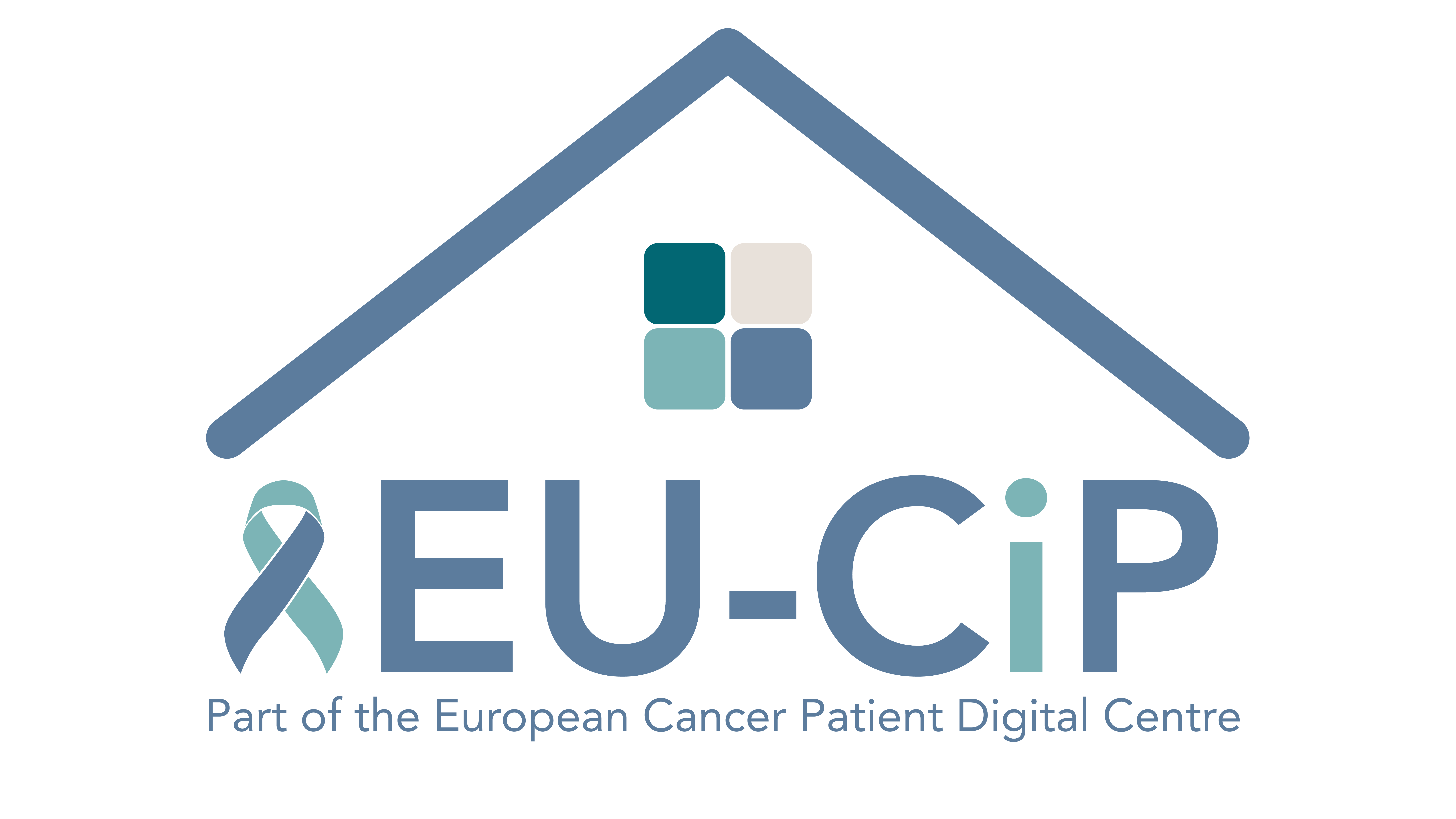
The Berlin Institute of Health at Charité (BIH) coordinates the pan-European research initiative "EU-CiP" (European Cancer Information Portal). Supported by 12 million euros from the EU’s Horizon
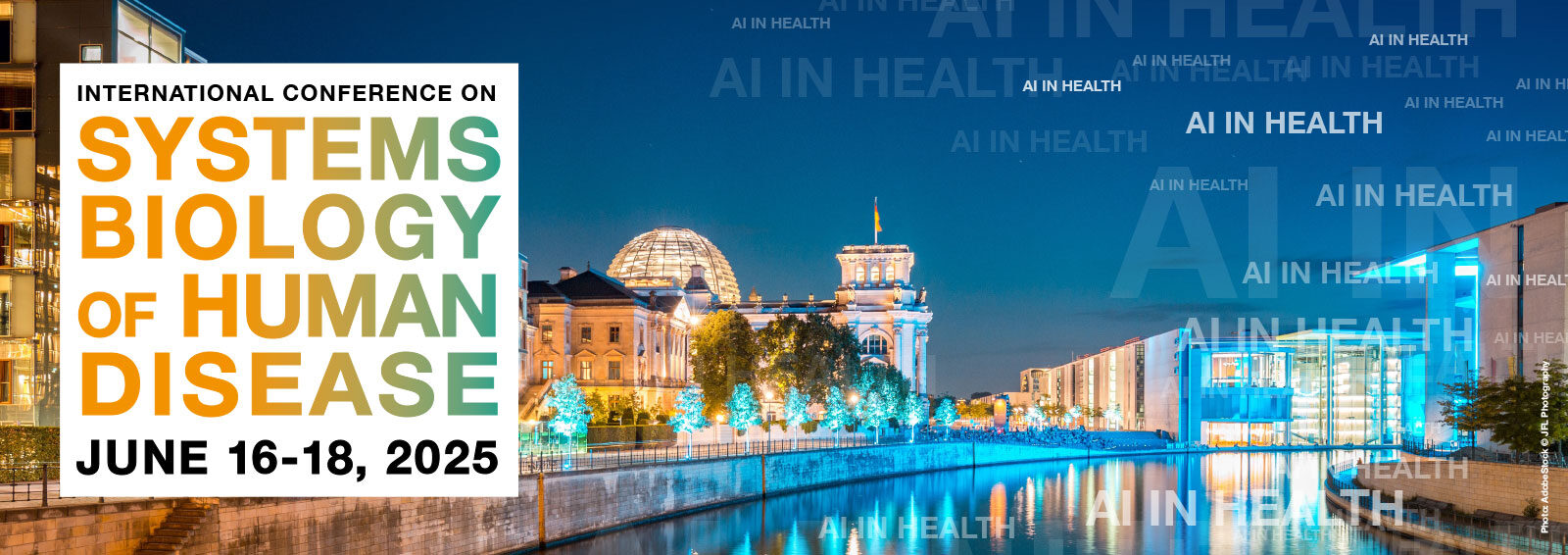
The Digital Health Center once again organises the INTERNATIONAL CONFERENCE ON SYSTEMS BIOLOGY OF HUMAN DISEASE – SBHD 2025 in Berlin from June 16-18. Don’t miss this opportunity to participate in a
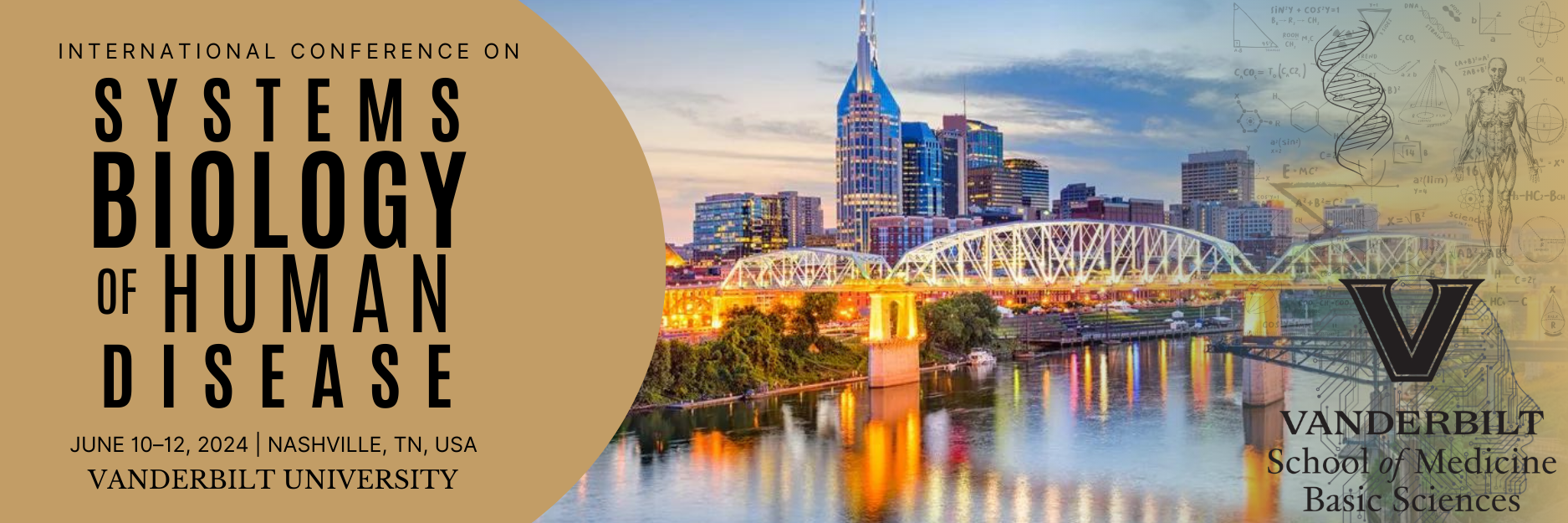
Our colleagues at Vanderbilt University organise the 16th INTERNATIONAL CONFERENCE ON SYSTEMS BIOLOGY OF HUMAN DISEASE – SBHD 2024 this year from June 10-12. Don’t miss the opportunity to participate
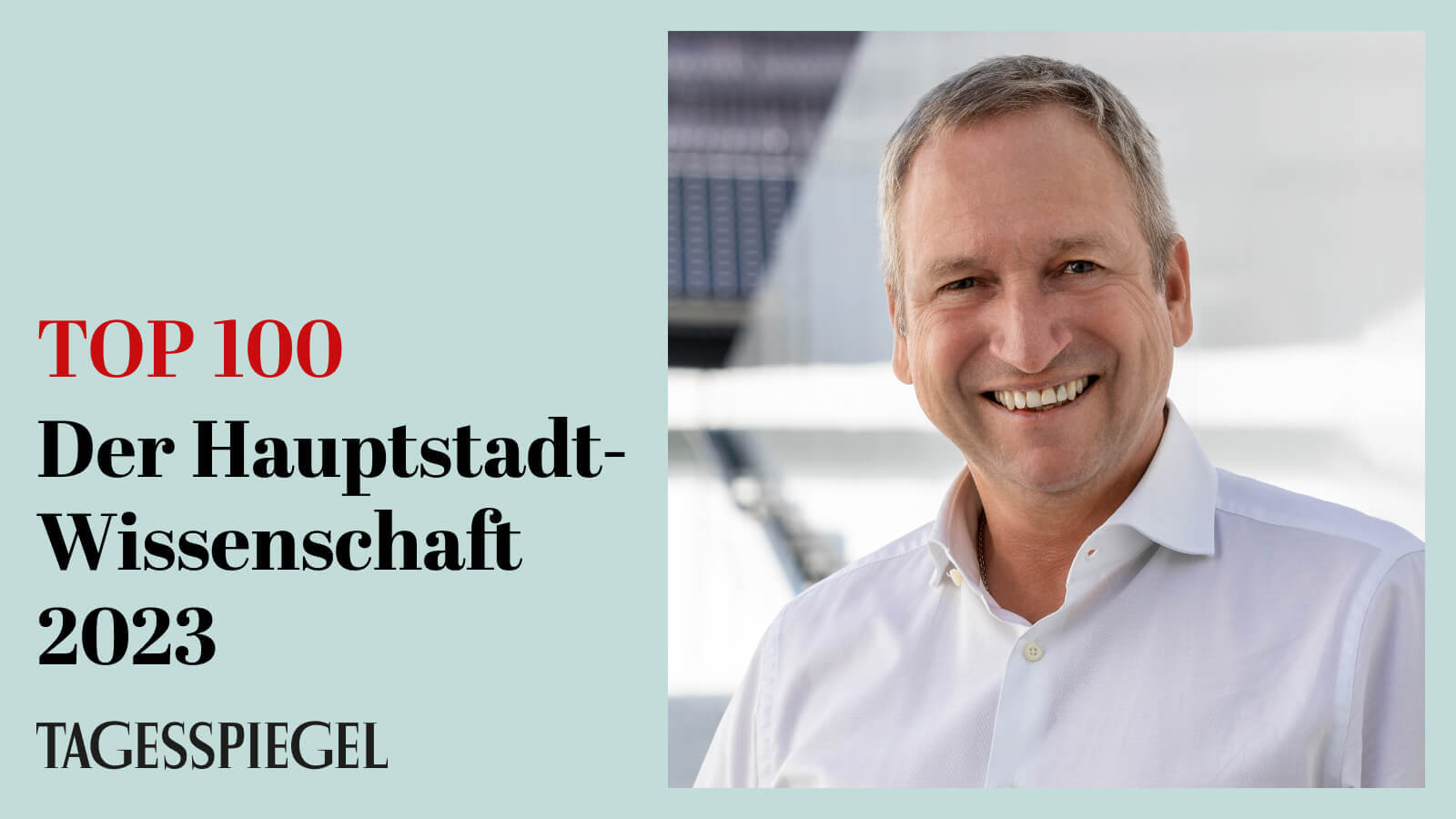
Am 11.10.2023 wurde Prof. Roland Eils im Tagesspiegel als einer der 100 wichtigsten Köpfe der Hauptstadt-Wissenschaft gewürdigt. So schreibt der Tagesspiegel: "Um Big Data dreht sich alles in der
The Hub for Innovations in Digital Health (HiDiH) brings together two independent sites of excellent research and development in Berlin and in Heidelberg. HIDIH’s major branch in Berlin is the Center for Digital Health at the Charité and the Berlin Institute of Health (BIH).
If we caught your attention, you are interested in our work and would like to get in touch with us, please contact us via franziska.mueller@bih-charite.de


